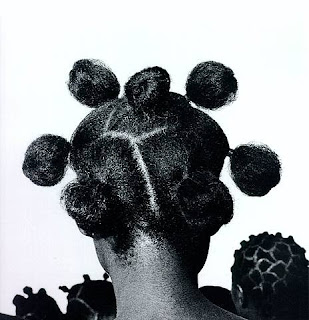
Chinua Achebe, arguably the grandfather of modern African literature, recently published The Education of a British-Protected Child, a collection of predominantly autobiographical essays. As an avid reader (and proud Nigerian) I was excited to leap into this new book, but my ardour was somewhat dampened by a less-than enthusiastic review on Next.com that criticised the outdated subjects addressed in the volume. A good friend (and fellow contributor to this blog) suggested that I read Hopes and Impediments instead, an earlier anthology of Achebe’s work. This is far from the first excellent piece of advice said friend has given me, as this book showcases a side of Achebe’s brilliance as a writer that I had not seen before: not only does he write beautiful fiction, but he is also an incisive, witty and compelling literary critic with plenty to say on issues that are highly pertinent to our contemporary situation.
I am certain almost everyone reading this has heard of the novel Things Fall Apart. The story of Okonkwo and the village of Umuofia is fundamental to the post-colonial literary canon, particularly as a work that “writes back” to empire and engages colonialist discourse head-on. In Hopes and Impediments, which consists of essays written between 1965 and 1987, Achebe moves out of the world of the imaginary in order to address issues ranging from the underlying racism of Joseph Conrad’s Heart of Darkness to the role a writer plays within their community. What I most admire about Achebe’s writing is his utter fearlessness: he was working at a time where African writers and intellectuals had to deal with condescending Western critics who claimed to promote the concept of the “universal” while simultaneously denying others equal ownership to it. The post-colonial writer was painted as “unredeemed and unregenerated” because of their “in-between” status: their immersion in Western culture had separated them from their “own people” (that is, the “real” Africans), but their “abortive effort at education” had not pushed them quite far enough into the world of the white man. Achebe turns this twisted logic on its head and asserts that the African writer’s stance between these two worlds places them in an ideal position to respond to and critique them far better than any Westerner, a job that he does admirably well. His tone is, at times, stirringly pugnacious: in the essay “Colonial Criticism” he refers to colonial rhetoric as “complete and utter nonsense” and Western reviewers as “obtuse” – a refreshing burst of frankness in a world that is often overly politically correct. Despite his academic standing, Achebe’s non-fiction remains incredibly accessible for the lay reader while continuously challenging received notions of black/white relations, depictions of Africa and the nature of culture, amongst other topics.
One essay I found particularly touching (as well as a surprising departure from the others) was “Don’t Let Him Die,” a brief yet painfully exquisite eulogy for Achebe’s close friend and fellow writer Christopher Okigbo who was killed during the Biafran war. It vividly evokes the spirit of Okigbo while putting his death in the tragic context of Nigeria at the time, caught in a state of horrific civil strife just a few short years after independence. This piece captures the grief of losing a comrade without sinking into despair: Achebe ends the piece by focusing on how Okigbo would live on through his stunning poetry, grounding his tribute in the overarching theme of the importance of literature as a voice for nations emerging from the shadow of colonialism.
Although Achebe’s more recent collection supposedly recycles many of the ideas in Hopes and Impediments (according to Ikhide R. Ikheloa he is “lecturing the West in the past tense”), perhaps he continues to revert to themes such as racism, colonialism and African literature because they are still pressingly relevant today. I still plan to read The Education of a British-Protected Child out of bull-headed devotion, but for newcomers to Achebe and African literary criticism, Hopes and Impediments, displaying this legendary writer at his very best, is about the most exquisite introduction you could ask for.










